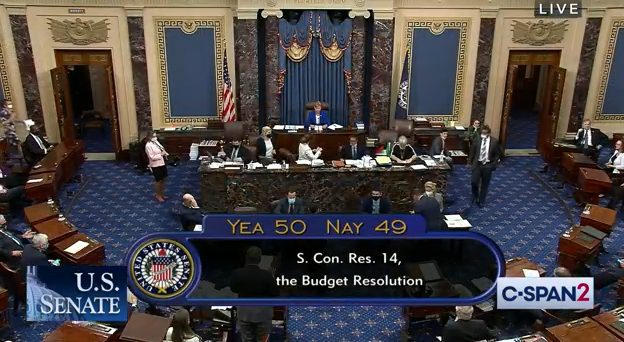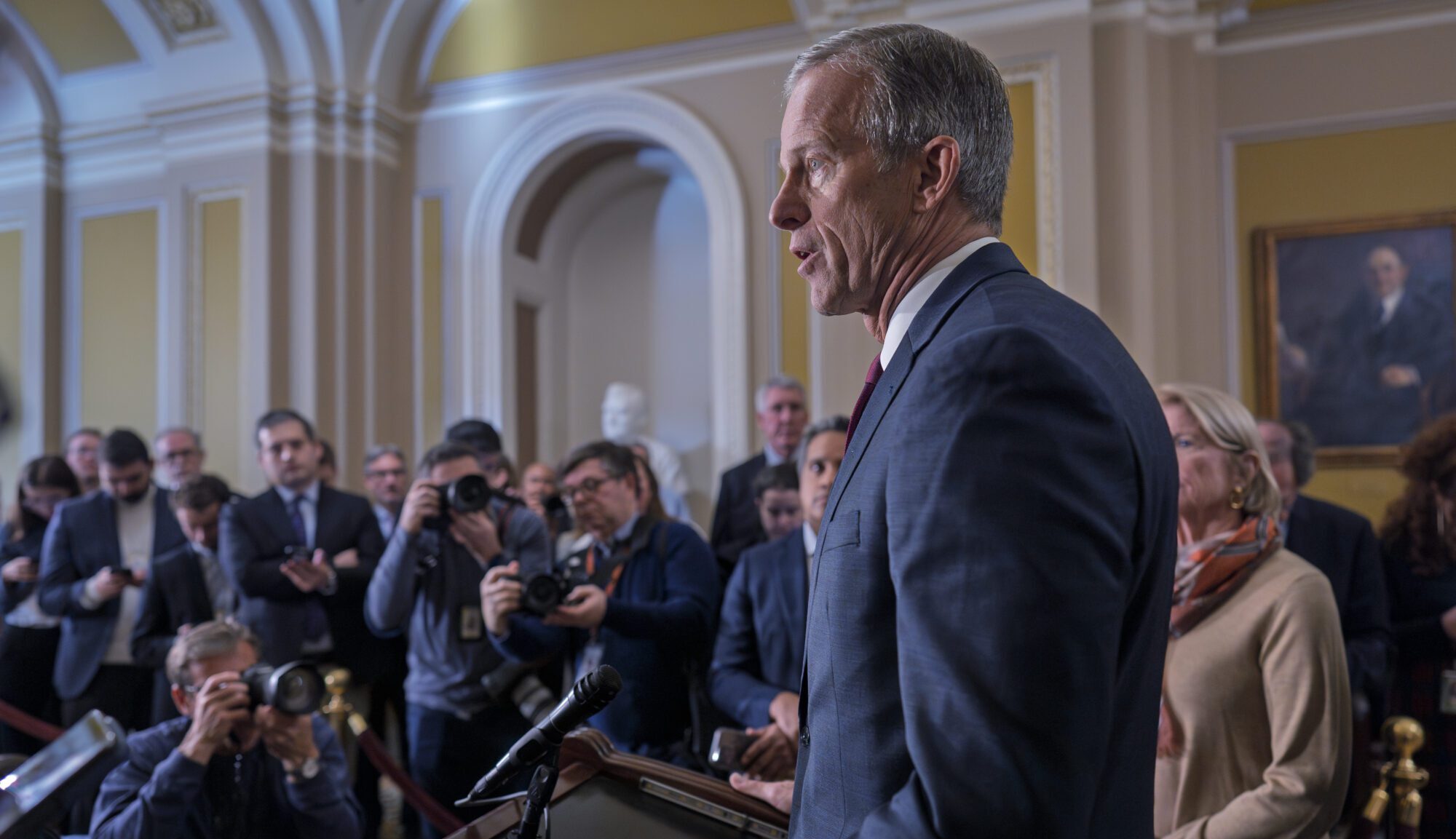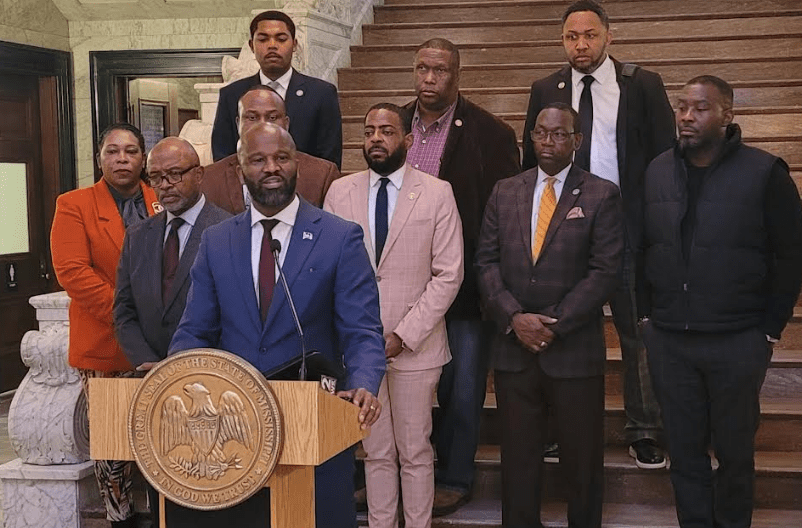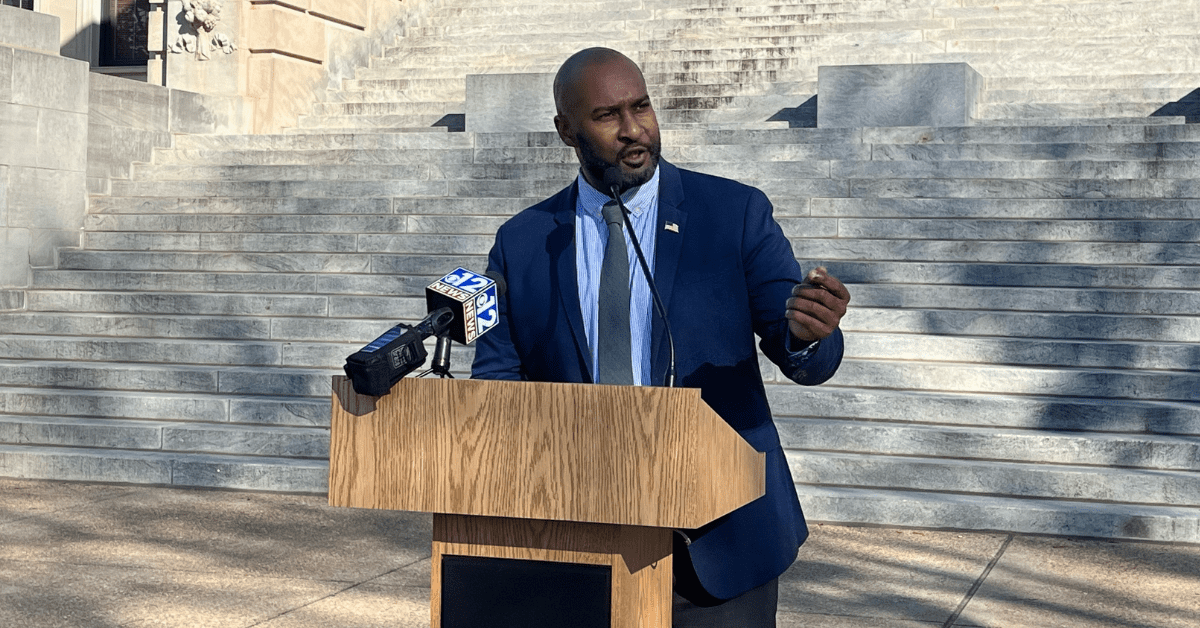
Senators Wicker, Hyde-Smith join all Republicans in opposing the budget resolution.
Early this morning, the U.S. Senate adopted a framework for the Democrats’ $3.5 trillion spending package, setting up the reconciliation process to allow the majority party to push through their agenda and avoid the normal 60-vote threshold needed to pass such legislation in the upper chamber.
The final vote came after more than 14 hours of amendments and floor debate. It was a strict party line vote, with Democrats gaining all 50 of their members’ approval while 49 Republicans dissented. One Republican did not vote – South Dakota Senator Mike Rounds.
“The Democratic budget will bring a generational transformation to how our economy works for average Americans,” Senate Majority Leader Chuck Schumer (D-NY) said.
Both Mississippi Senators Roger Wicker and Cindy Hyde-Smith voted against the spending package. Earlier in the day, however, Wicker and Hyde-Smith split on their support for a $1.2 trillion infrastructure bill.
READ MORE: Wicker backs infrastructure bill on final passage. Hyde-Smith says no, it’s a bridge too far to cross.
Senator Hyde-Smith said called the spending package an astounding FY2022 Reckless Tax and Spending Spree budget resolution that will allow Democrats to impose taxes and new spending exceeding $4.2 trillion to fund a gigantic expansion of federal government programs.

“There’s an old saying that money doesn’t grow on trees. This is a lesson lost on Democrats whose intent to spend trillions upon trillions of taxpayer dollars to grow government is astounding by any measure,” Hyde-Smith said.
The Magnolia State’s junior Senator said she believes the Democrats’ spending resolution represents an alarming jump toward a socialist federal government that imposes itself into every home, every business, and every organization in this country.
“It embraces a soaring national debt with a hope and a prayer that new taxes and more spending will save us. For this and many other reasons, I emphatically voted against this plan,” Hyde-Smith said in a statement.
On Tuesday, Senator Wicker contrasted the Senate’s bipartisan infrastructure negotiations, which he supported, with the purely partisan procedure that will be used to advance Senate Budget Committee Chairman Bernie Sanders’ proposal. Wicker said this $3.5 billion package will include instructions for trillions in unnecessary spending and liberal provisions that would raise taxes, increase inflation, and jeopardize the nation’s economic recovery from COVID-19.
The proposal is also expected to be a vehicle for Democrats to pass blanket amnesty for illegal immigrants without fully addressing border security, Wicker stated in a release.

“The Democrats’ reckless budget bill will amount to a staggering $3.5 trillion. It threatens the successful Trump tax cuts. It includes crushing tax hikes on job creators, hundreds of billions in wasteful giveaways to green corporations, and a slew of spending that would heat up inflation, jeopardize our recovery, and drive our nation deeper into debt,” Wicker said on the Senate floor. “Democrats are even considering an amnesty measure – in the midst of the worst border crisis in recent memory – without giving a thought to improving border security, which would count as real infrastructure.”
According to Hyde-Smith’s office, among the problematic issues in the Democrats’ spending plan are:
- $4.2 trillion in new spending over 10 years, including $3.5 trillion in new mandatory spending and $263 billion in new discretionary spending.
- No restrictions on the amount of tax increases allowed under this budget resolution or through the fast-track reconciliation process.
- An unenforceable provision to prevent raising taxes on anyone earning less than $400,000.
- Allows the national debt to soar to $40 trillion (119% of GDP) by 2031.
- Anticipates deficits that average $1.6 trillion annually, reaching $2.2 trillion by 2031.
- Permits effective flat lined defense investments, resulting in nearly $400 billion in defense cuts compared to current law projections.
Others have called the spending plan “a package of climate and social initiatives” purely aimed at advancing the Biden Administration’s steady shift further to the far political left.
Now, the U.S. House will return from its recess to take up this package during the week of August 23. Once the House considers the measure, it will go back to the Senate for another round of voting ahead of final passage before it reached President Joe Biden’s desk.
Also at play as lawmakers move this spending bill through the chambers is the pending debt ceiling increase, with Republicans playing a game of fiscal chicken with Democrats over the nation’s borrowing authority. According to various reports, the U.S. Treasury Department could run out of money sometime from September to November. With the Senate scheduled for a Fall recess in the coming weeks, there is not much time for debate and resolution on this matter.











